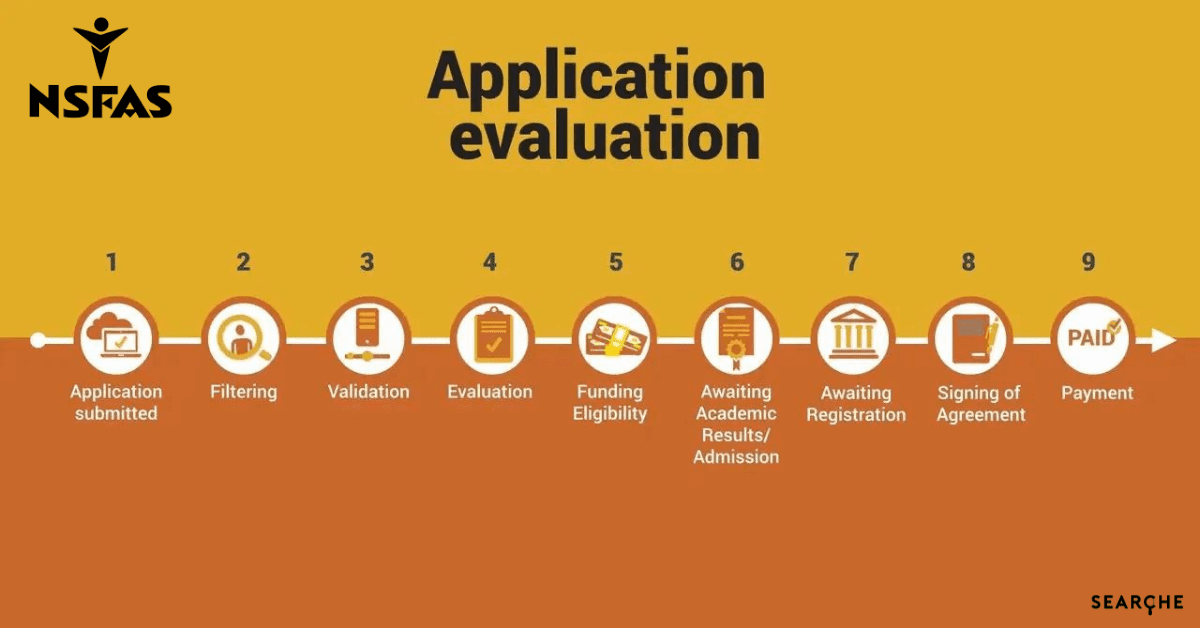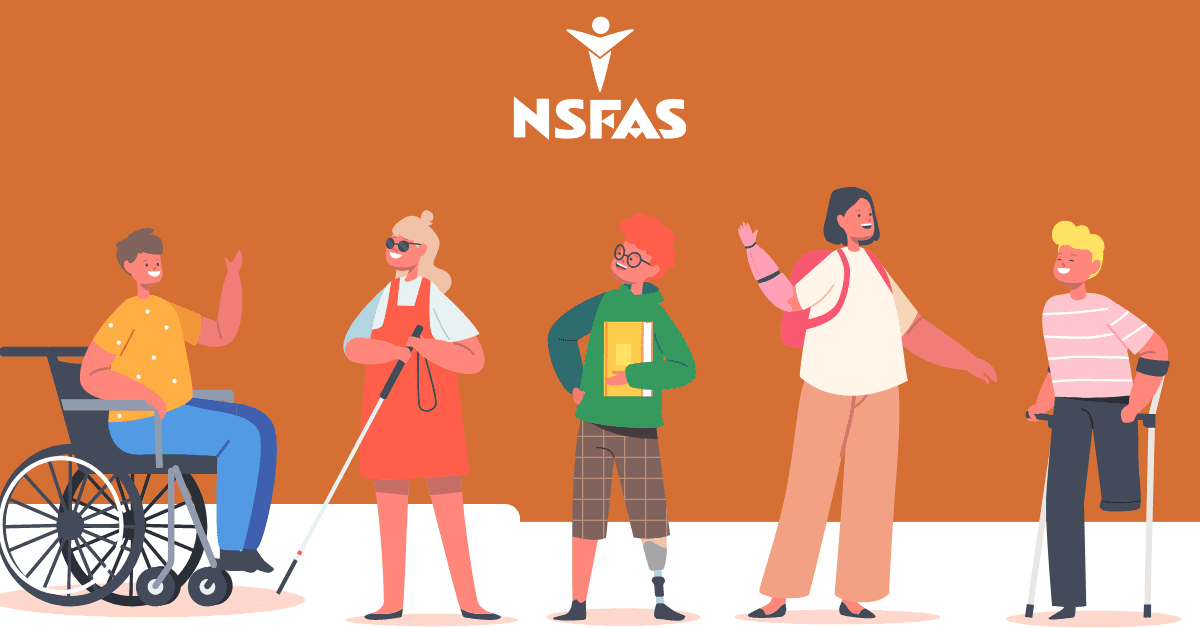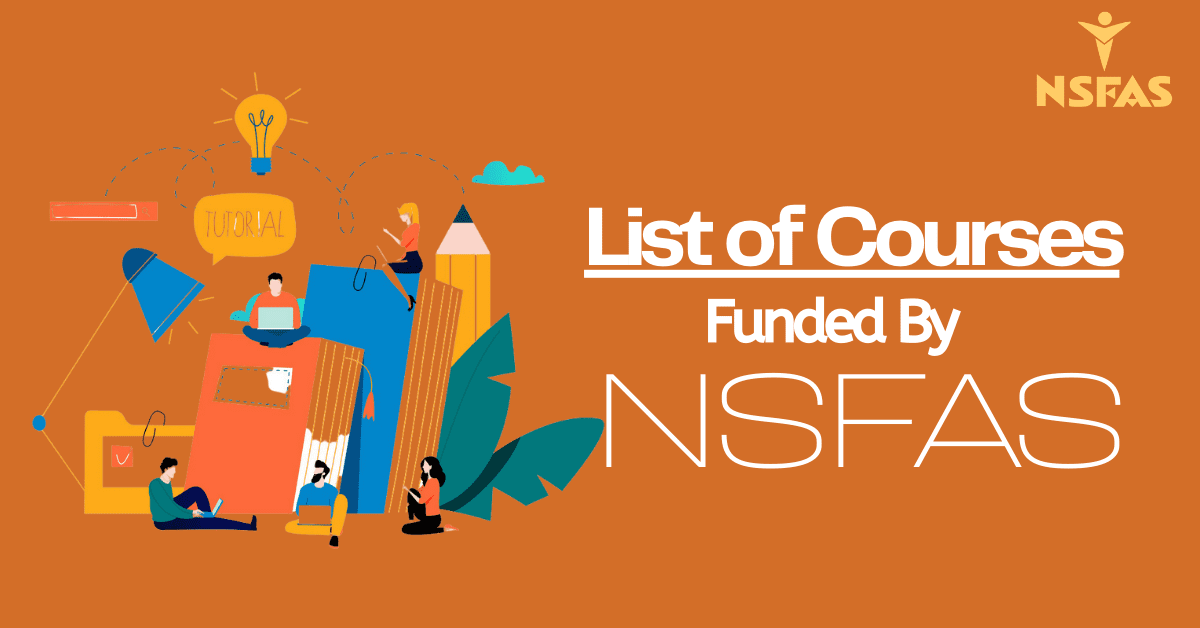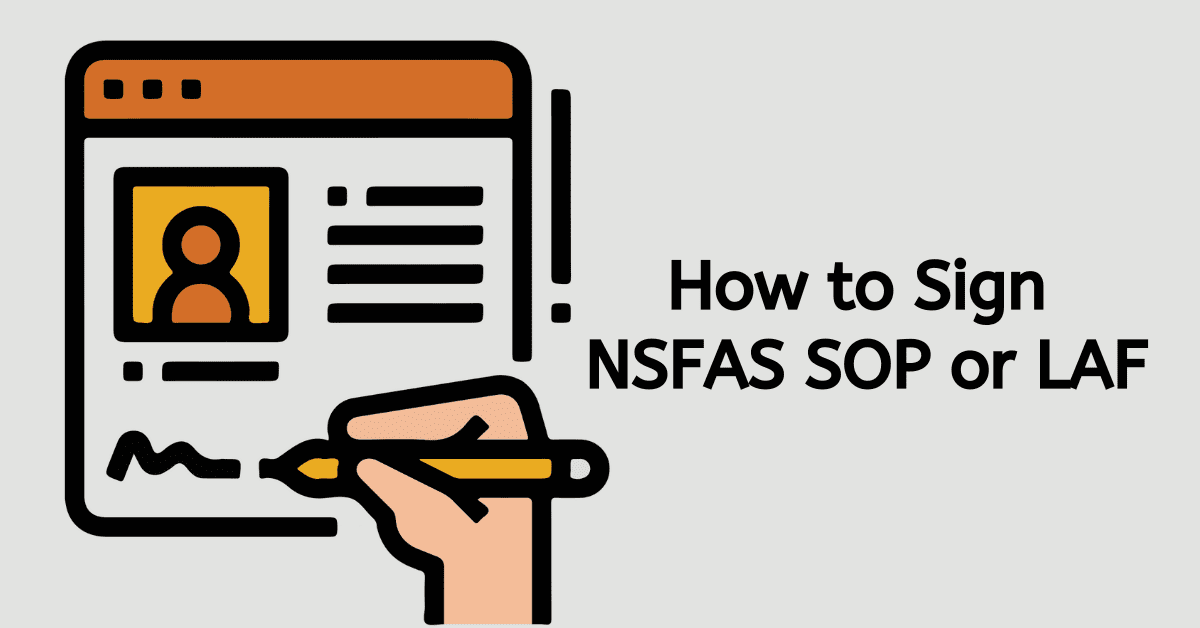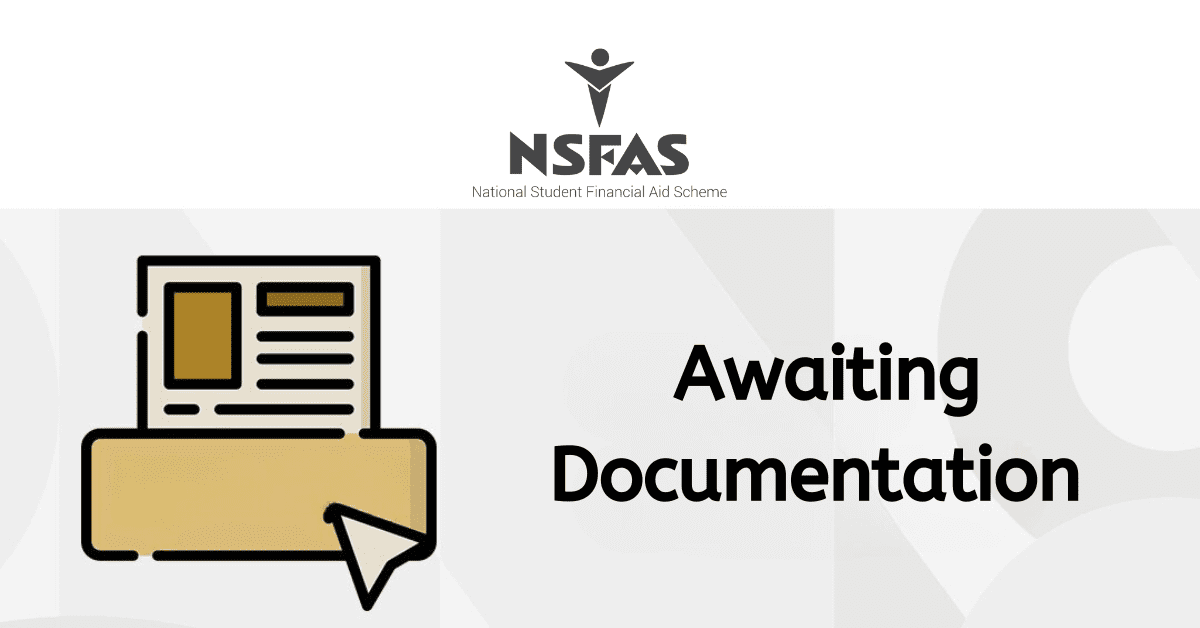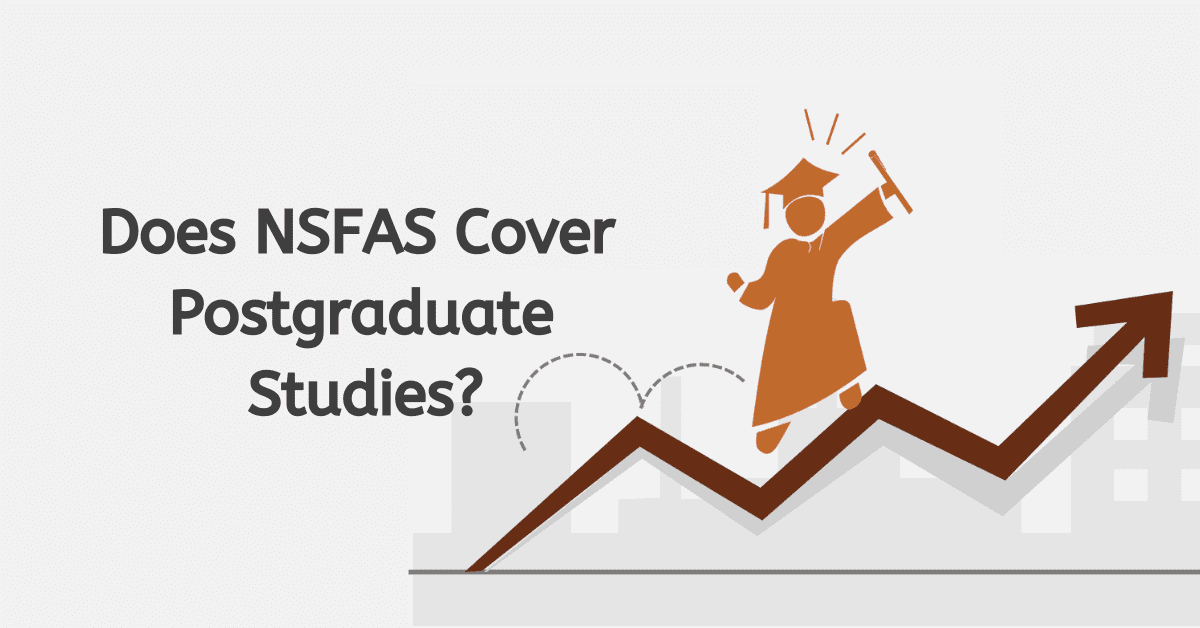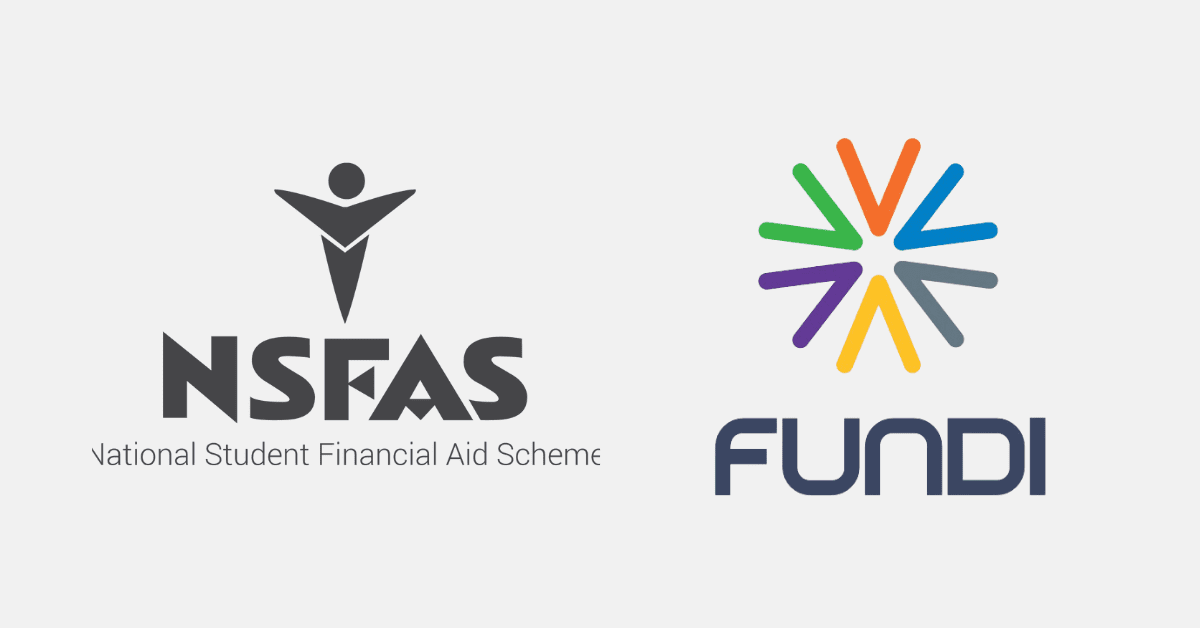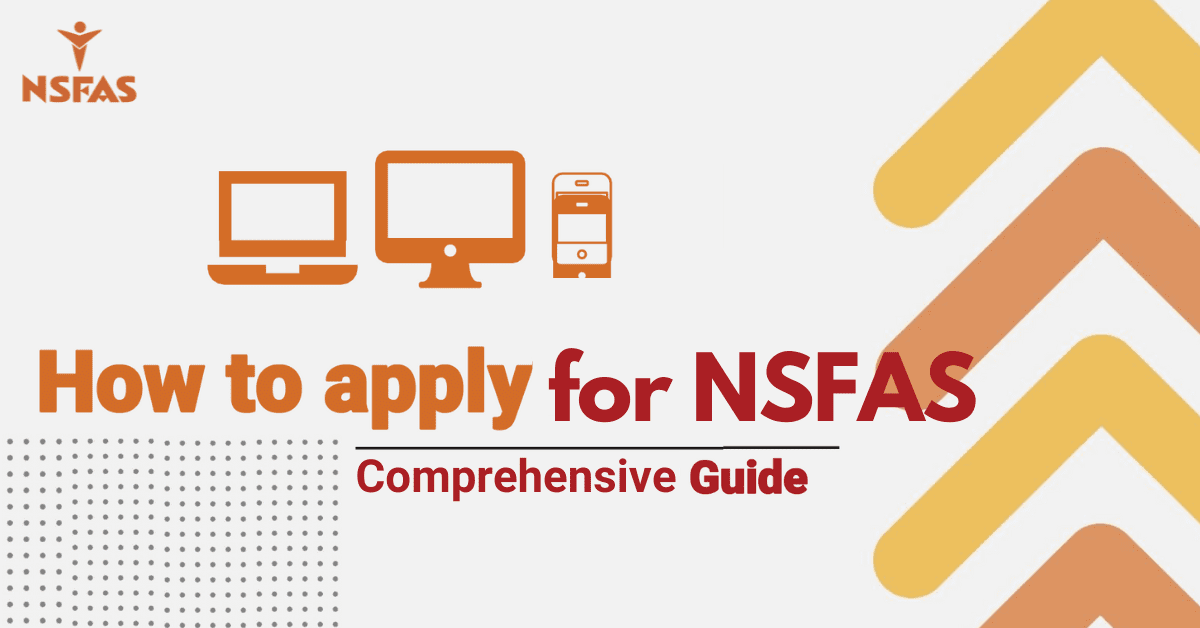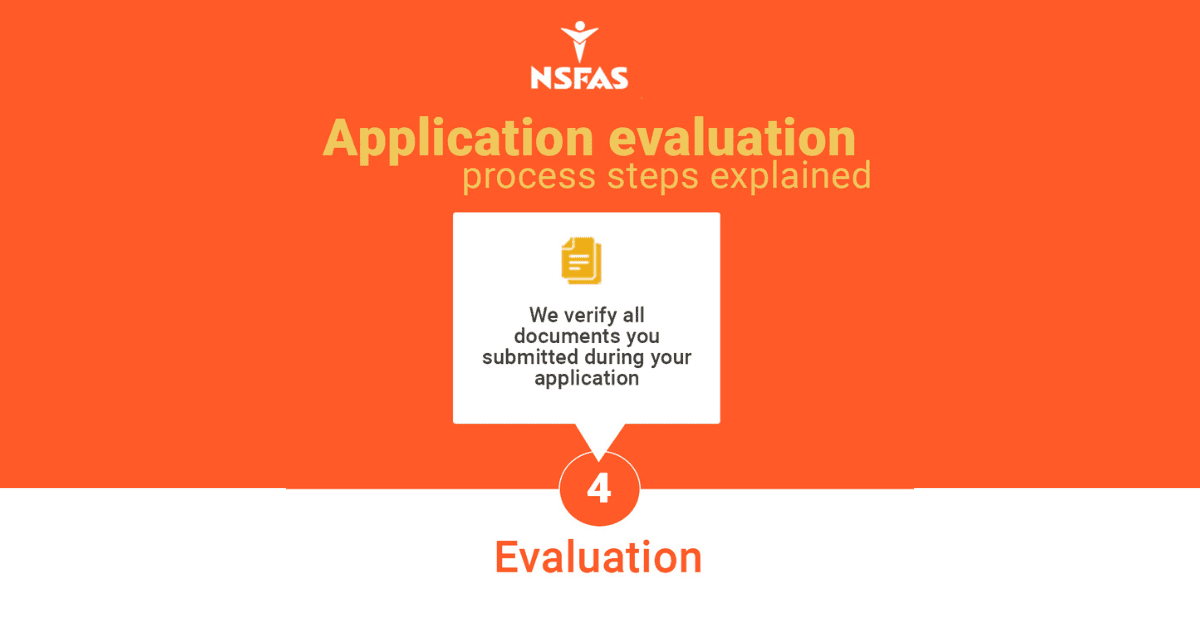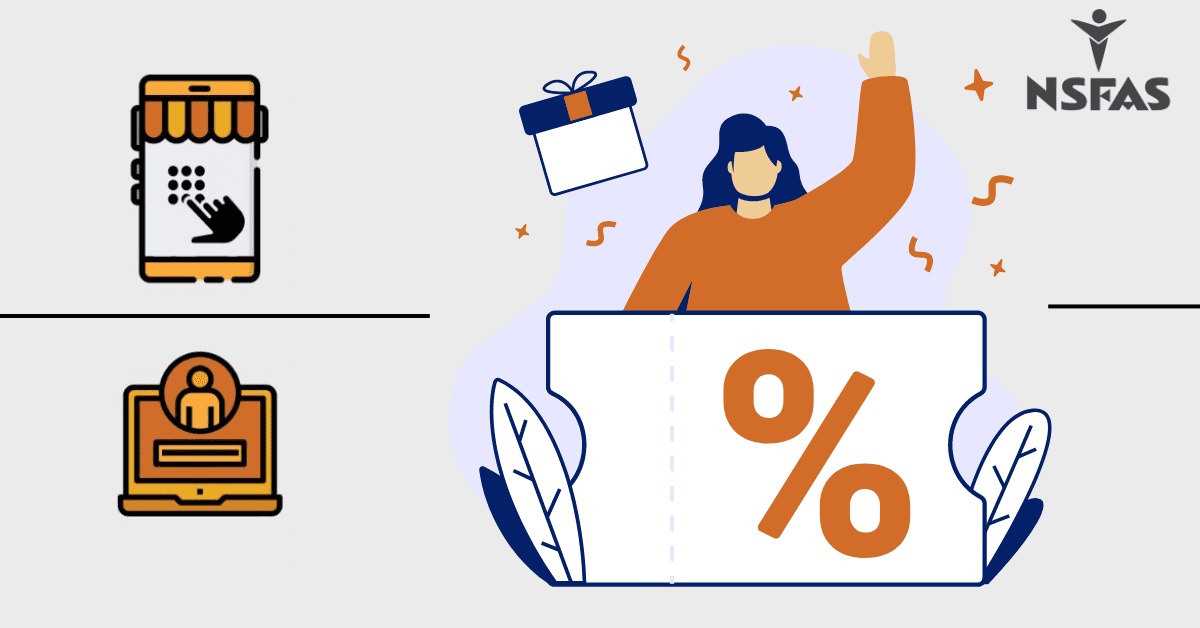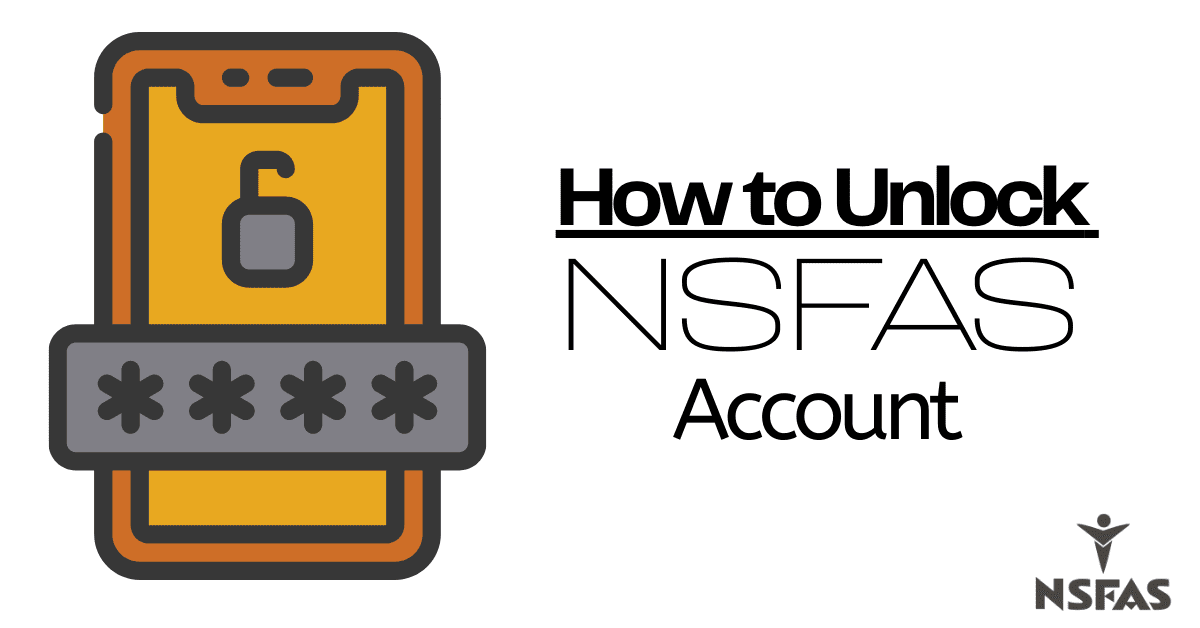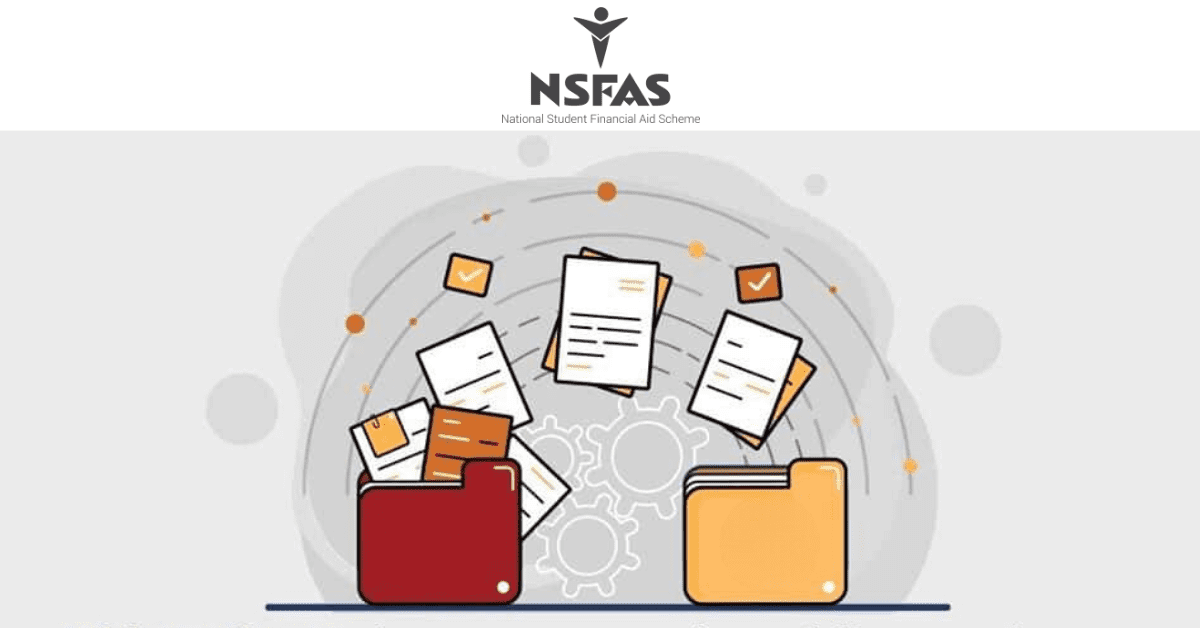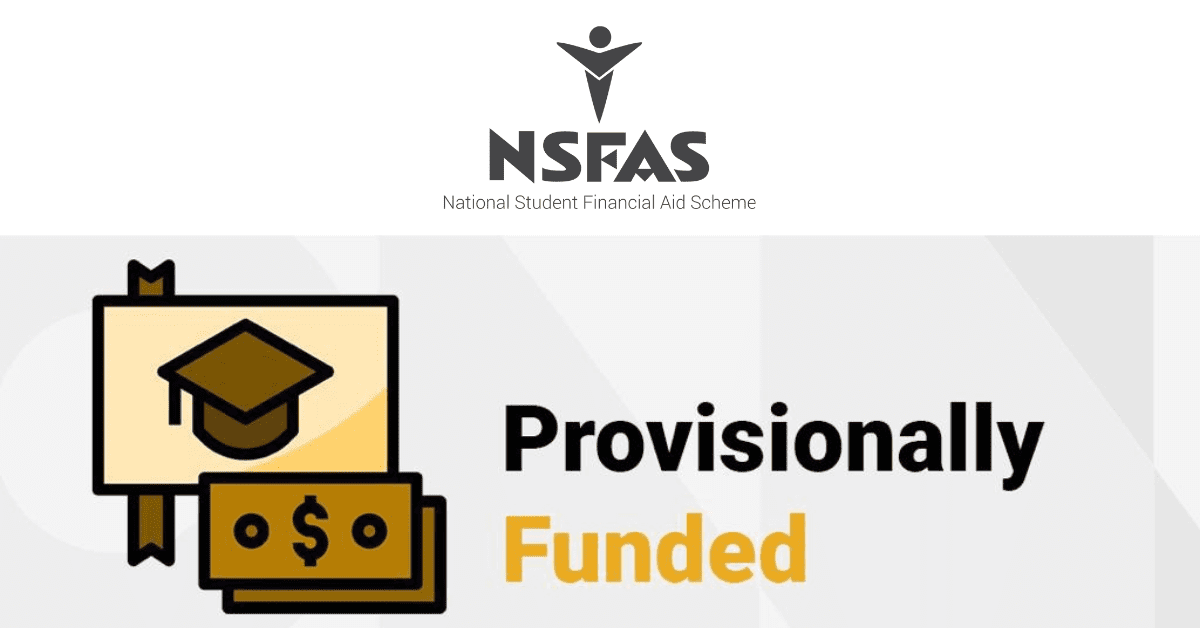When deciding what to study after school, many elements must be taken into account, but perhaps the most pertinent for most students is the dreaded F-word. Yeap. Funding.
In this article, we’ll do our best to bring you all the funding answers that your frolicking heart could desire.
Does NSFAS Fund Every Course?
No. It’s a very valid question, and although NSFAS do cover a wide range of options (as showcased below), they don’t fund every course.
Nobody’s perfect, right?
Which courses will NSFAS fund in 2026?
As previously mentioned, NSFAS does fund many different areas of study. As the list is long, we’ve separated it into alphabetical sections to make it easy for you to hop through to your area of interest.
A
Adult Learning
B
Building Construction
C
Cleaning, Domestic, Hiring, Property and Rescue Services
Communication Studies
Consumer Services
Cultural Studies
Curative Health
D
Design Studies
Drawing Office Practice
E
Early Childhood Development
Earth and Space Sciences
Electrical Infrastructure Construction
Engineering and Related Design
Environmental Relations
Environmental Sciences
F
Fabrication and Extraction
Film Television, and Video
Finance, Economics and Accounting
Forestry and Wood Technology
G
General Social Science
Generic
Generic Management
H
Higher Education and Training
Horticulture
Hospitality, Tourism, Travel, Gaming and Leisure
Human Resources
I
Industrial & Organizational Governance and HR Development
Information Studies
Information Technology and Computer Sciences
J
Justice in Society
K
–
L
Language
Life Sciences
Literature
M
Manufacturing and Assembly
Marketing
Mathematical Sciences
Mechatronics
Media Studies
Music
N
Nature Conservation
O
Occupationally Directed ETD Practice
Office Administration
P
People/Human-Centred Development
Performing Arts
Personal Care
Physical Planning, Design and Management
Physical Sciences
Preventive Health
Process Instrumentation
Primary Agriculture
Process Plant Operations
Procurement
Project Management
Promotive Health and Developmental Services
Psychology
Public Administration
Public Policy, Politics and Democratic Citizenship
Public Relations
Q
–
R
Rehabilitative Health/Services
Religious and Ethical Foundations of Society
Rural and Agrarian Studies
S
Safety in Society
Schooling
Secondary Agriculture
The sovereignty of the State
Sport
T
Traditions, History and Legacies
Transport, Operations and Logistics
U
Undefined
Urban and Regional Studies
V
Visual Arts
W
Wholesale and Retail
X
–
Y
–
Z
–
Which Courses Does NSFAS Not Fund?
Though NSFAS’s funding list is extensive, there are some specific courses that NSFAS cannot cover. If you are looking to study a short course, a part-time course, or a secondary degree, you’re out of luck in the funding department. Other courses that NSFAS won’t pay for are those studied at private colleges or universities and most postgraduate degrees.
What Courses Qualify For NSFAS?
Now that we’ve got those out of the way, let’s talk about the courses that NSFAS funds; if you’re looking to study for the first time and have no previous qualifications, then you’re the perfect candidate. NSFAS funds online courses as well, as long as they’re taken through an accredited public university or a TVET college.
Does NSFAS Pay For Teaching Courses?
Yes, NSFAS do cover teaching courses as well as degrees in education.
What Is The Difference Between A Teaching Degree And An Education Degree?
While both degrees can be used in the classroom, a Bachelor of Education or B.Ed is higher in terms of versatility and can more easily lead to positions outside of teaching, such as an administrator or principal. A Bachelor of Education focuses largely on the theoretical aspects of education and learning. Teaching courses can also be versatile but tend to be more confined to the area of teaching and the classroom. A teaching course is more practical, with a focus on teaching methods. Both have immense value, and someone who knows how to teach is always in high demand.
Generally, you’ll be able to take a teaching course at a TVET college, whereas a Bachelor of Education will be completed at a public university.
Does NSFAS Pay For TVET Courses?
If you’re considering studying at a TVET college and wondering whether NSFAS will pay for your studies, you’ll be pleased to hear that NSFAS absolutely do cover courses taken at TVET colleges. Some great examples of areas of study one could pursue at a TVET college are marketing, finance; management; office administration; tourism; hospitality; education & development; economics & accounting; safety in society and transport & logistics.
What Is A TVET College?
“Technical, Vocational, Education and Training” or “TVET” colleges emphasise the more practical side of the workforce, offering a wide range of courses that deliver high-quality degrees for in-demand jobs.
The requirements to study at a TVET college are lower than those needed to study at a public university. You must be 16 years or older and have an equivalent of a grade 9 certificate in order to study at a TVET college.
We trust that you’ve been able to find some answers to those burning “funding” questions you couldn’t get out of your head.
